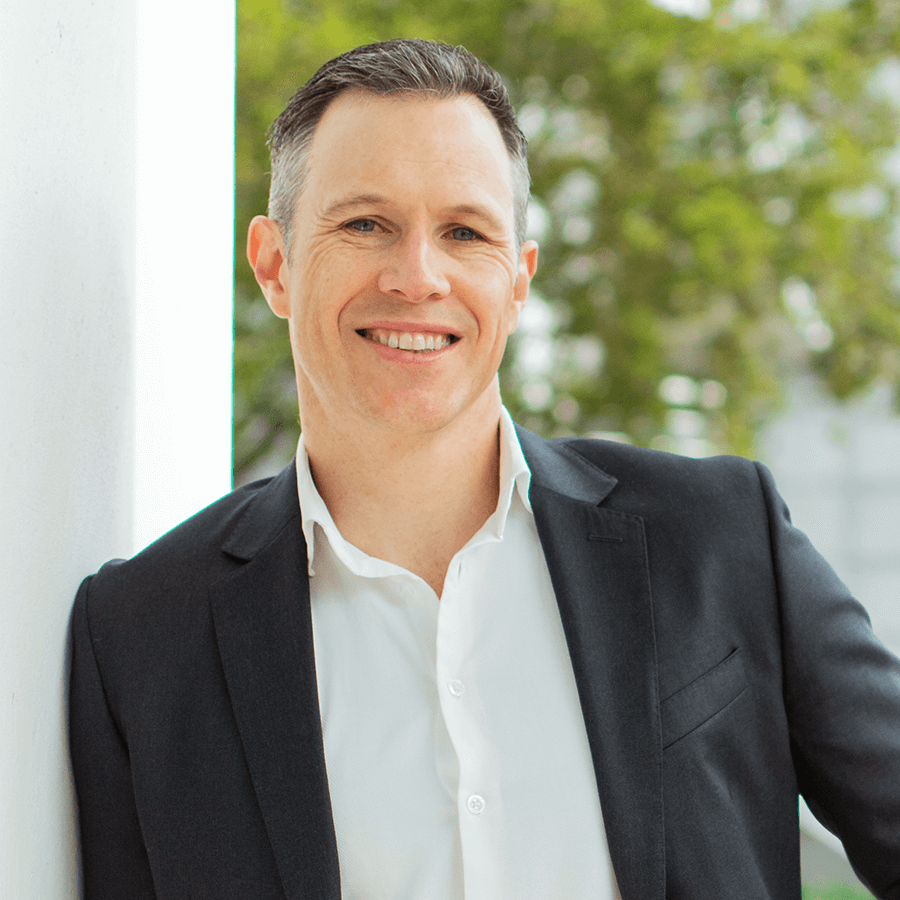
By Alex Cook, CEO, GCI Wealth
INVESTMENT SUCCESS IS BOTH ART AND SCIENCE, BUT IT IS SIMPLE TO ACHIEVE – IF YOU STICK TO YOUR PLAN.
Investing is a complex business – there are myriad factors to consider, not the least of which is the investor’s own uncertainties and emotions. To be successful, investors need to have a clear idea of what they want to achieve, what is possible and then how all the various factors affect each other.
In order to understand the issues and strike the right balance between them, here are the key actions a successful investor must take:
Create your basic investment equation: These are the basic figures that will inform your strategy. First off, establish your current budget to understand how much cash you have to invest. Then determine what your desired retirement budget should be – do you want to travel extensively, or are you all for a quiet life in a country cottage?
You will then be able to establish how much capital you will need. The final piece of the jigsaw is when you want to retire – this will give you the amount of investment time you have to reach your goal.
Once you know how much you have to invest, what amount you need to end up with and the number of years you have, you can begin to understand what kind of return your money will need to make.
This discussion will tend to pivot around the concept of risk – the higher the return needed, the more risk you will have to take on because risk and reward are intimately interconnected.
Get your head around risk and time: Risk deserves its own section because risk (and fear of risk) can derail any investment strategy. Time is also part of the equation. Striking the right balance here is obviously dependent on one’s financial plan and how far along the road with it one is, but most people are too conservative.
Think of it like this: if you are young, you have time on your side so you can maximise your returns by taking on more risk; but if you are older, you still need to have higher growth investments because you cannot afford to miss out on growth.
Lifespans are so much longer these days that if you retire in your sixties you potentially have to be able to generate an income for 30 or more years – longer if you want to leave money to your family or a favourite cause. Not taking on enough risk is very risky!
Pick your team carefully – and understand the roles: Investing is a complex process, and most people need help. There are two key members of the team: the financial advisor and the investment manager. Your financial advisor is all about you: what your financial goal is and how to reach it. He or she is responsible for crafting our financial plan and periodically revising it in line with changing circumstances. You will likely build a fairly deep relationship with yours.
The investment manager is usually an institution that is responsible for identifying the investments needed to bring the plan to fruition – there are thousands of funds out there, all with their own strategies and teams. Creating and rebalancing the right portfolio is hard – you need a professional.
Be realistic about South Africa as an investment: We have a minuscule tax base of 5 million people out of 60 million (and I recently read an article suggesting that the tax base may have halved over the past three years owing to emigration).
South Africa also offers limited investment opportunities, with a relatively small number of companies and a stagnant economy. By contrast, global markets have millions of economically active people and thousands of funds in which to invest.
The bigger opportunity is offshore. That doesn’t mean you have to leave the country, but your investments should certainly be largely offshore and held in dollars. Yes, it does expose you to rand/ dollar exchange rate risk but that can be planned for.
To end, the vital fifth step: stick to your plan. Markets move, so your plan needs time to generate results, and your emotions will lead you astray.

